IAAC – Master in Robotics and Advanced Construction
Workshop 3.1
Faculty: Raimund Krenmueller
Faculty Assistant: Soroush Garivani
BUILDING INSTINCTS
EVOLVING NEURAL CONTROLLERS FOR AUTONOMOUS MACHINES
Syllabus
Thanks to increasing computational power and miniaturization, together with the development of better and cheaper sensors, incorporating real-time data in the control of digital production processes is becoming commonplace, driving the transition from machines that execute rigid production sequences towards flexible behaviors, capable of operating in dynamic environments and handling material indeterminacies.
Introduction
Studying the different possibilities of artificial intelligence applications in the construction sector, through the new manufacturing methods potentiated by the new technologies in robotics and electronics, we carried out an exploration in the way these new tools can be apply to wood, carrying out different simulations of said material and connecting it to a neural network to analyze different outcomes.
State of art
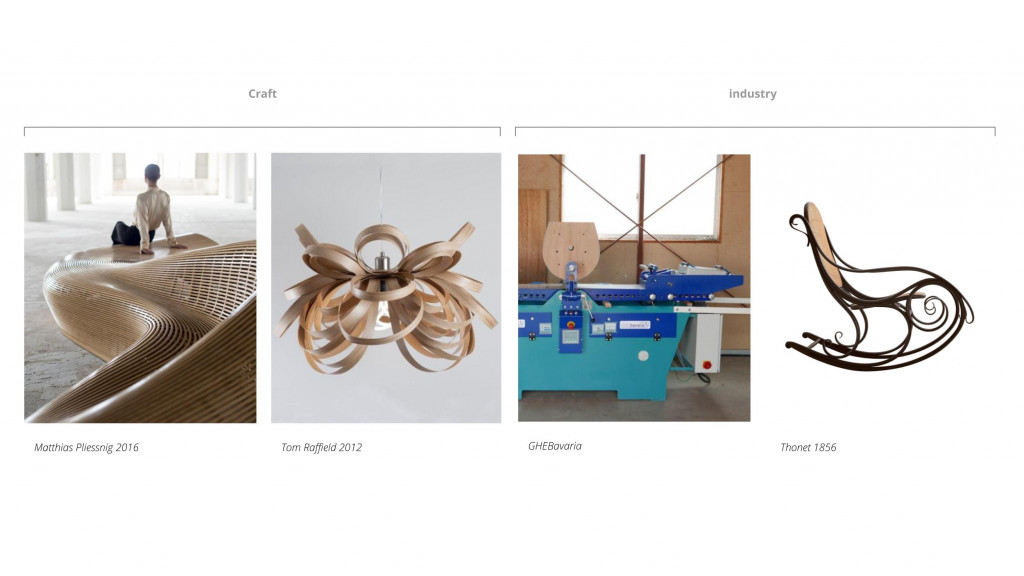
Bending wood process & objective
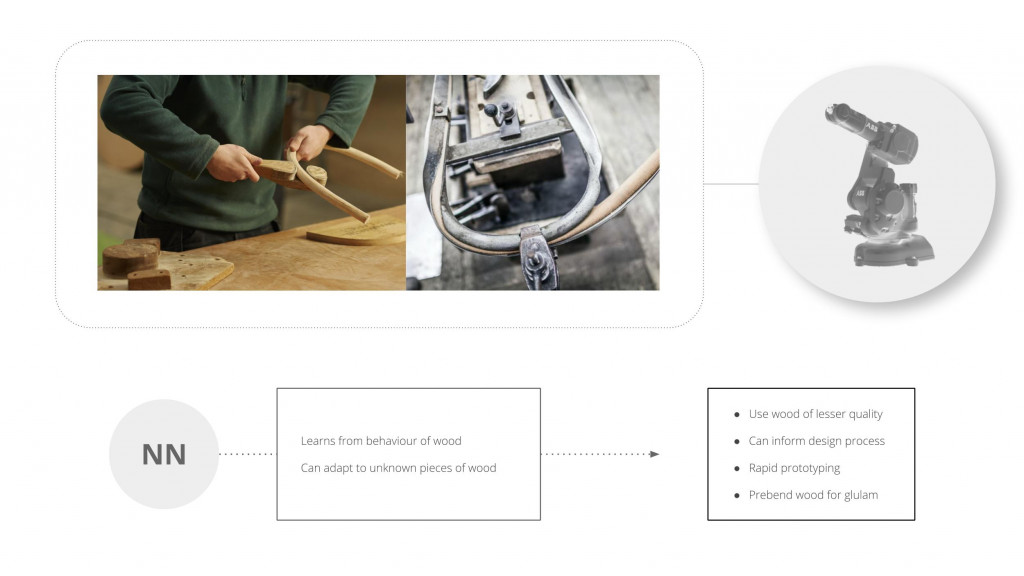
Parts of process
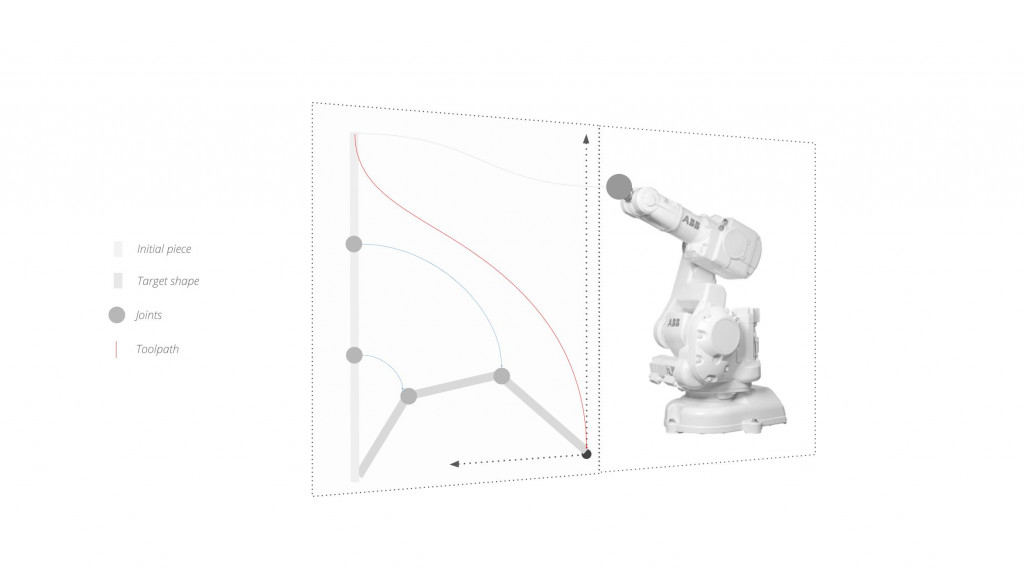
Concept
Overall process
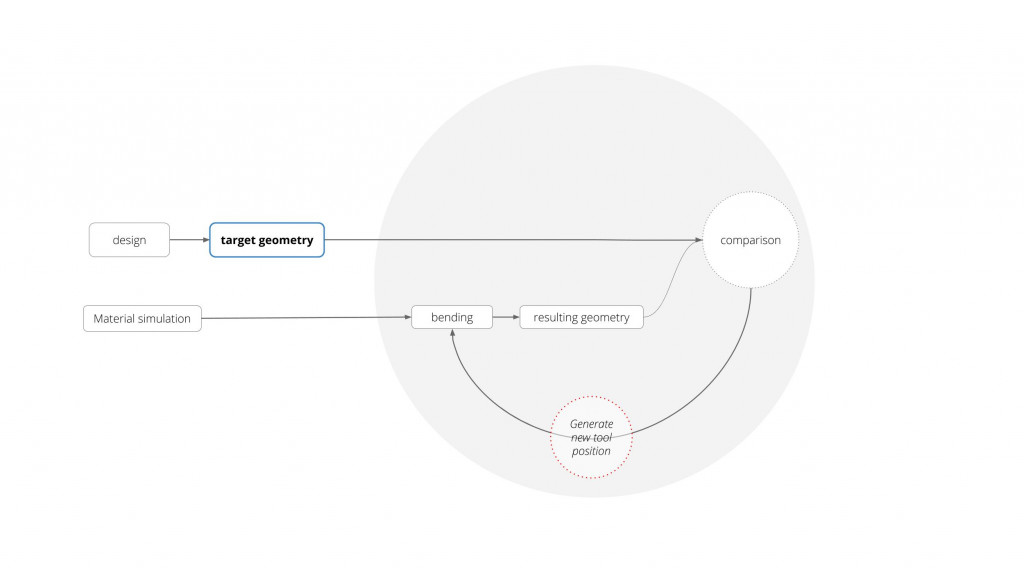
The system that was used to carry out the simulations is Coppelia Sim, which works only with rigid materials, in order to carry out the simulation of a flexible material we use the component called “joints”
Material simulation
Wood variations &
Simulating bending using revolute joints
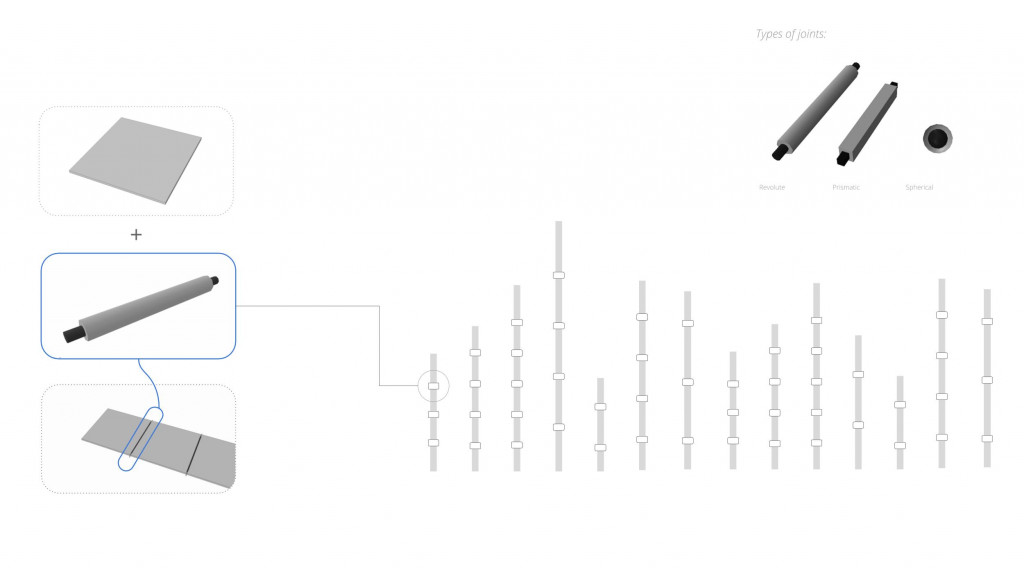
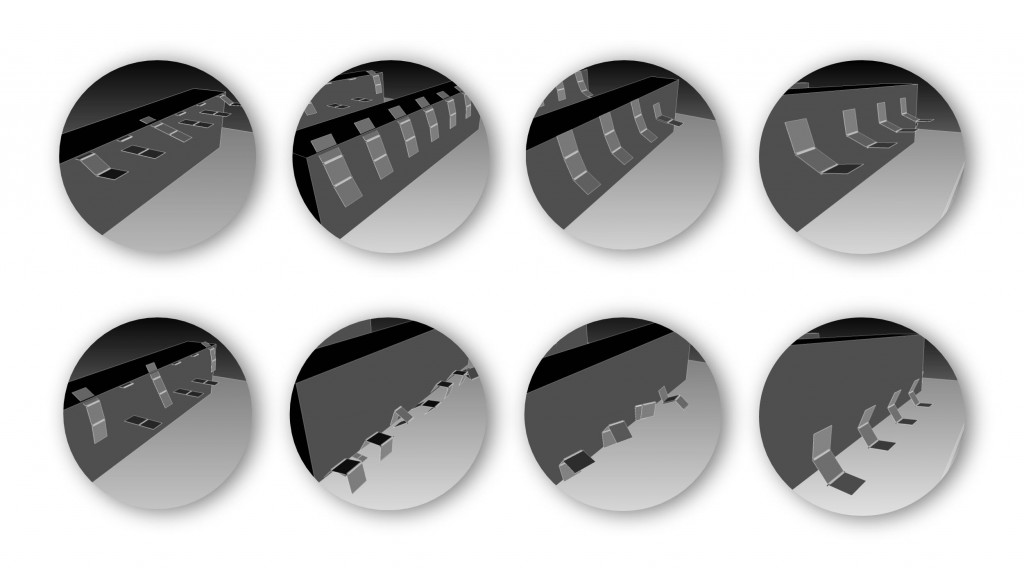
Calculating the error
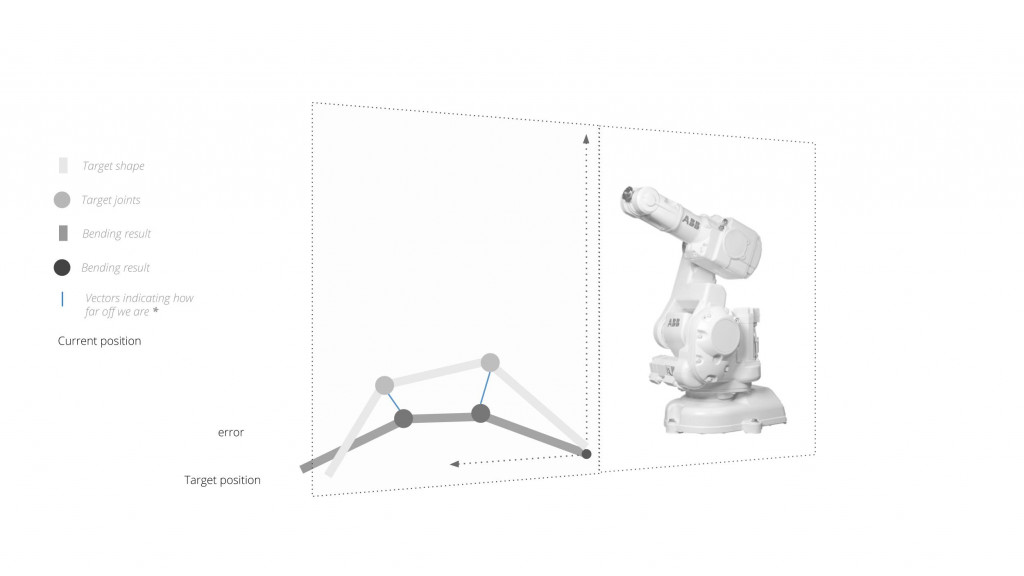
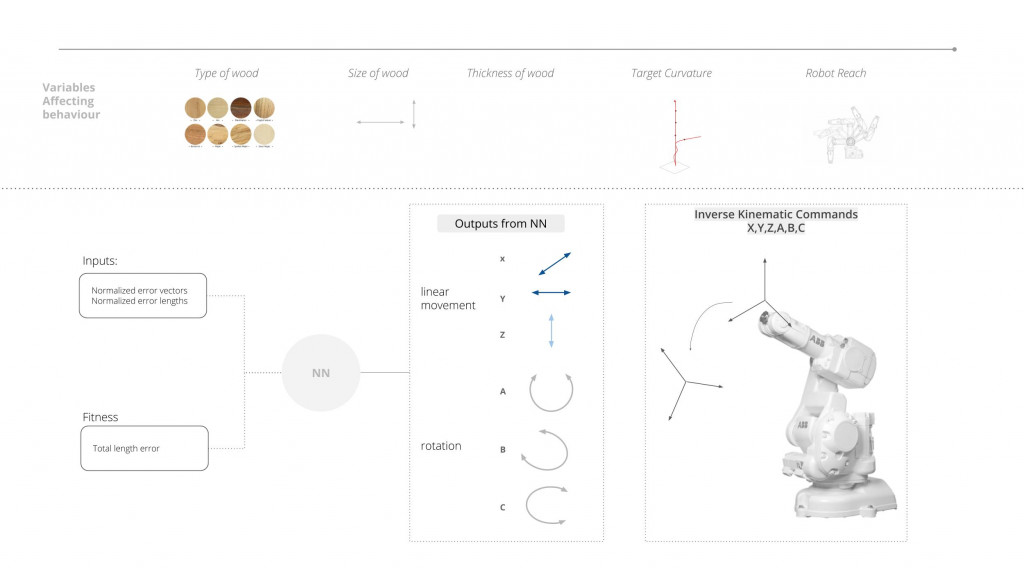
ABB Control
Freedom of Movement — still to implement
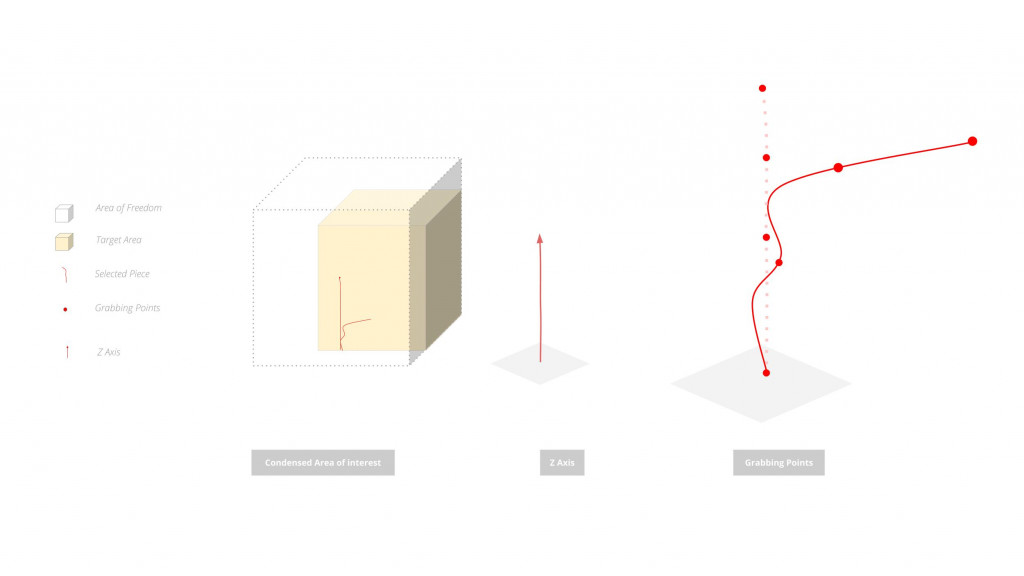
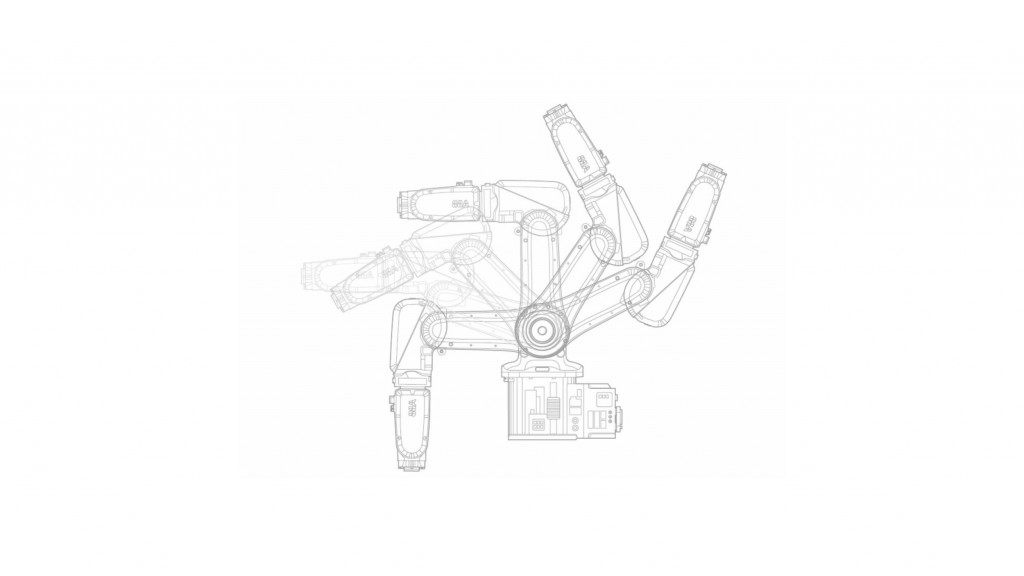
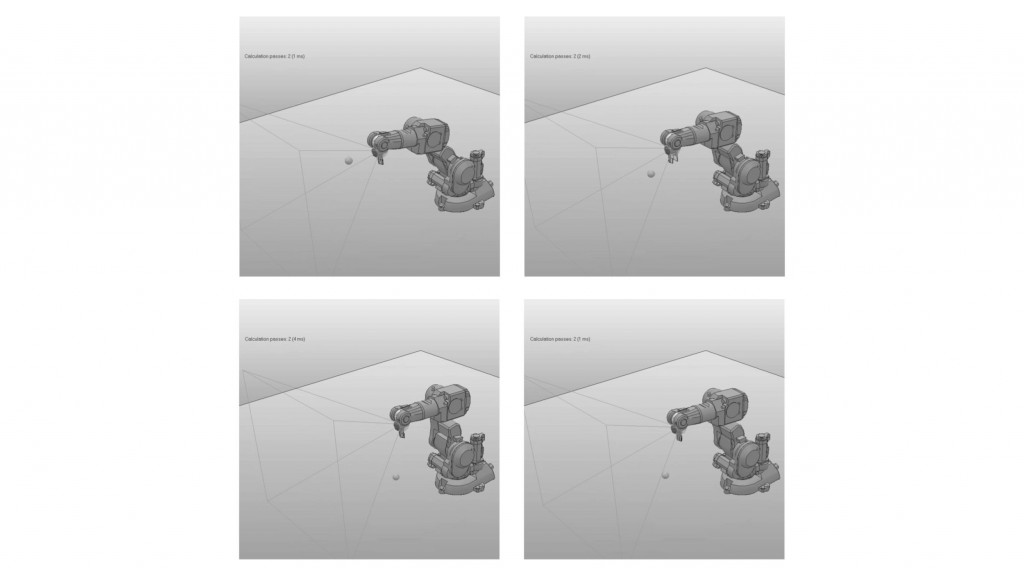
Neural Network simulation
Training
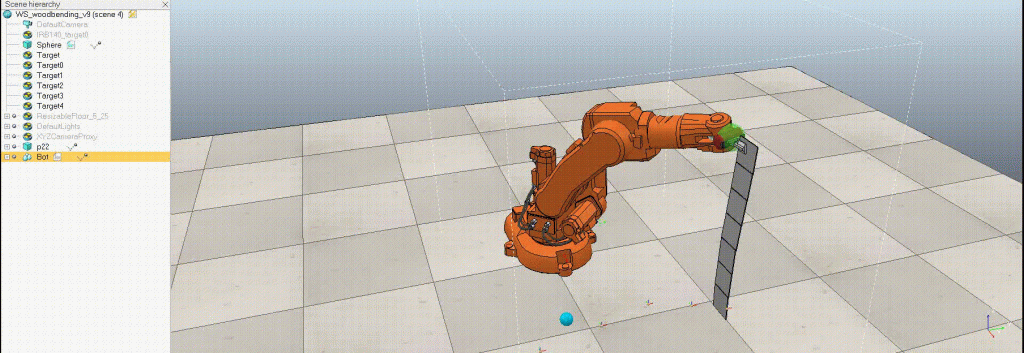

BUILDING INSTINCTS EVOLVING NEURAL CONTROLLERS FOR AUTONOMOUS MACHINES is a project of IaaC, Institute for Advanced Architecture of Catalonia developed at Masters of Robotics and Advanced Construction in 2019-2020 by Students: Lorenzo Masini, Cedric Droogmans, Luis Jayme, Elena Jaramazovic & Alexandros Varvantakis, Faculty: Raimund Krenmueller & Soroush Garivani.